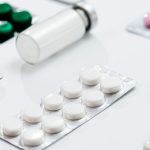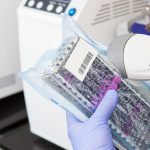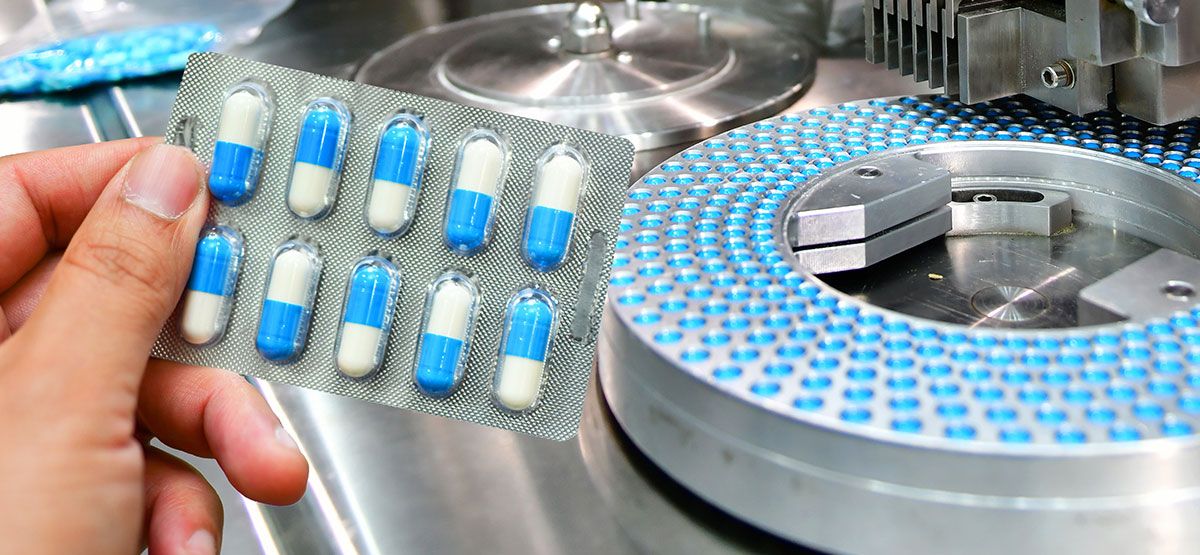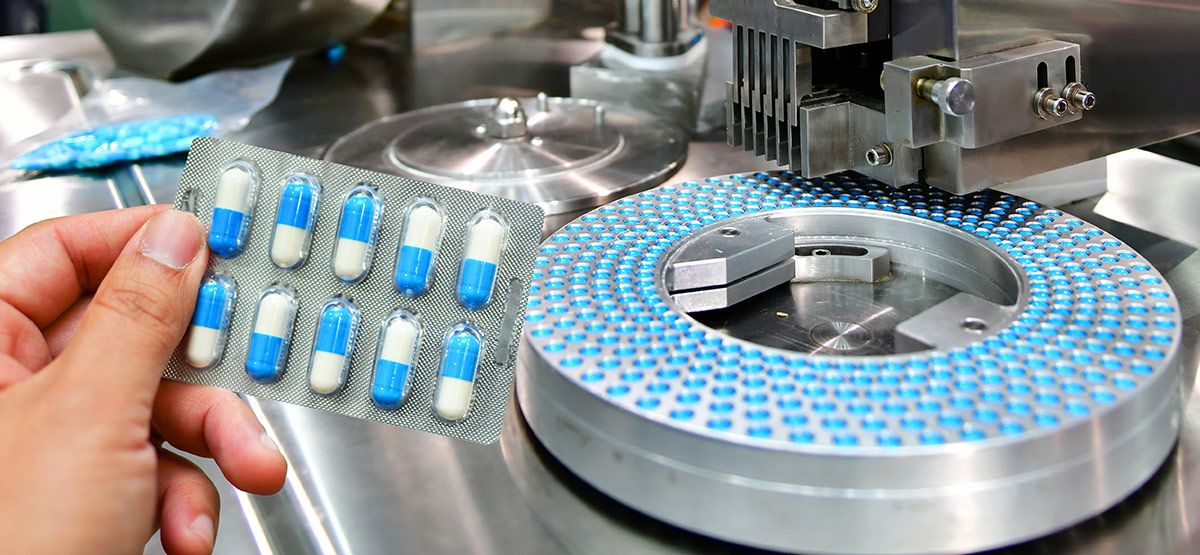
Blog
Clinical Supplies Bioequivalence Studies (BE) Best Practices
Bioequivalence (BE) studies are a cornerstone of the generic drug development process. These trials compare the pharmacokinetic (PK) profile of a test drug (generic) with that of an innovator (reference) drug to prove therapeutic equivalence. Though shorter and more straightforward than full clinical trials, BE studies require precise coordination and strict regulatory compliance – especially when it comes to clinical supplies.
Managing clinical supplies for BE studies involves sourcing reference drugs, ensuring blinding (if needed), temperature-sensitive handling, and meticulous documentation. Any misstep can compromise the study’s credibility, delay regulatory submissions, or lead to costly rescheduling.
Lets dive into the best practices that ensure seamless, compliant, and cost-effective clinical supply management for bioequivalence studies.
Understanding the Unique Needs of BE Study Supplies
Unlike Phase II or III clinical trials that focus on patient outcomes over months or years, BE studies are typically:
- Short in duration (often single-dose crossover studies)
- Conducted in healthy volunteers
- Highly sensitive to timing and dosing schedules
- Focused on pharmacokinetic (PK) data collection
This creates unique clinical supply chain requirements:
- Availability of both test and reference drugs
- Precise packaging and labeling
- Real-time dosing logistics
- Controlled storage and transport conditions
Each element must align perfectly to avoid protocol deviations or regulatory concerns.
Early and Detailed Supply Planning
Start supply planning during the protocol development phase. Include logistics experts, procurement leads, and packaging specialists in early discussions.
- Forecast demand based on study design (crossover, number of arms, volunteers, periods)
- Determine packaging configurations for blinding, dosing accuracy, and handling ease
- Anticipate sourcing timelines for reference products (especially if international)
A strong supply plan ensures study timelines are not compromised by last-minute surprises.
Sourcing Reference Drugs Securely and Legally
One of the biggest challenges in BE trials is sourcing the reference product. It must be:
- Approved in the study’s regulatory jurisdiction
- Commercially available (not investigational)
- From a validated, traceable supply chain
Best Practices Include:
- Use reputable vendors or licensed wholesalers
- Maintain chain of custody documentation
- Verify batch numbers, expiry dates, and packaging origin
- Allow time for regulatory review (especially when importing)
Some regulatory agencies require documented proof of origin, so transparency is critical.
Temperature and Stability Monitoring
Both test and reference products often have strict storage conditions. Maintaining stability is essential to ensure data integrity.
- Use validated temperature-controlled packaging for shipping
- Equip all shipments with temperature data loggers
- Maintain records from depot to site and during returns
Also, perform stability testing on any repackaged or relabeled drugs, especially if storage conditions are altered during the trial.
Efficient and Error-Free Packaging and Labeling
Accurate, compliant labeling is essential, especially in studies requiring blinding or randomization.
Key Considerations:
- Use tamper-evident packaging to maintain blinding integrity
- Include required details (batch number, expiry date, dosing instructions, etc.)
- Adapt labels to local languages and regulatory guidelines
- Consider eLabels or Just-in-Time (JIT) labeling for flexibility
Ensure all labeling processes follow Good Manufacturing Practices (GMP) and are reviewed by QA before release.
Site Preparation and Real-Time Dosing Logistics
Since BE studies often involve multiple dosing periods within a short time frame, clinical sites must be fully prepared for supply reception, storage, and administration.
Recommended Steps:
- Pre-shipment site training on storage and handling
- Assign dedicated staff for drug accountability logs
- Pre-position supplies to allow buffer time before dosing day
- Implement IVRS/IWRS for accurate dispensing and inventory tracking
Timely delivery and proper site readiness can be the difference between success and a costly reschedule.
Drug Accountability and Reconciliation
In bioequivalence studies, every unit of investigational and reference product must be tracked meticulously. Regulatory authorities expect full transparency and traceability.
Best Practices for Drug Accountability:
- Use barcoding systems to track dispensing and returns
- Maintain detailed logs of all received, dispensed, returned, and destroyed units
- Conduct reconciliation audits immediately post-study
- Store records in compliance with GCP and local regulatory requirements
This ensures data integrity and supports clean study close-out without delays.
Returns and Destruction Procedures
At the end of the study, unused or returned drugs must be handled per regulatory guidelines to ensure safety and proper documentation.
- Define SOPs for returning unused supplies from the site
- Use tamper-proof packaging for return shipments
- Partner with licensed destruction vendors
- Maintain certificates of destruction and full audit trails
These procedures not only protect against diversion or misuse but also demonstrate regulatory compliance during inspections.
Leveraging Technology in Supply Chain Oversight
Technology plays a pivotal role in managing and monitoring clinical supplies for BE studies.
| Technology | Key Benefits |
| IVRS/IWRS | Automates randomization, tracking, and resupply |
| Temperature Monitors | Real-time alerts and automated reports on storage conditions |
| eLogs | Digital drug accountability for improved audit readiness |
| CTMS Integration | Aligns supply data with clinical operations for better visibility |
| Blockchain | Enables tamper-proof chain of custody and traceability |
These tools enhance data quality, streamline processes, and support regulatory compliance.
Regulatory Compliance Across Jurisdictions
BE studies are often conducted globally. Each country may have unique requirements for import licenses, labeling, stability documentation, and destruction protocols.
Ensure Regulatory Readiness By:
- Engaging local regulatory consultants or CROs
- Pre-submitting reference drug documentation for agency approval
- Staying updated on country-specific clinical trial supply guidelines
- Keeping multilingual records and local versions of SOPs
Missing even one local requirement can lead to costly shipment delays or regulatory rejections.
Conclusion
Bioequivalence studies may be shorter and simpler than large-scale clinical trials, but when it comes to clinical supplies, precision is everything. From sourcing the reference drug to ensuring compliant labeling, every detail matters.
A proactive, integrated supply strategy – built on regulatory knowledge, reliable vendors, smart technology, and airtight documentation – ensures that BE studies are executed efficiently and without delays. These best practices not only support regulatory approval but also protect data integrity and corporate reputation.
To streamline and automate your clinical supply logistics, consider mIRT by DDi, a powerful RTSM/IRT solution designed to simplify inventory tracking, randomization, and resupply management for clinical trials, including bioequivalence studies.
With the increasing global demand for generics and the rising complexity of bioequivalence protocols, supply chain excellence is more important than ever. Implementing these best practices ensures your trial stays on track, your data remains credible, and your product moves one step closer to market success.
Get the latest updates from DDi
Explore Topics
- Automation & AI (14)
- Clinical Automation (8)
- Consumer Health (1)
- IRT & Clinical Supplies (23)
- Labeling (16)
- Regulations (26)
- Regulatory Automation (14)
- Regulatory Biopharma (4)
- Regulatory Content Management (4)
- Regulatory Information Management (22)
- UDI (20)
- Writing (14)
Recent Blogs
 The Essential Guide to Ph…In Regulatory Biopharma
The Essential Guide to Ph…In Regulatory Biopharma Legacy Devices in EUDAMED…In UDI
Legacy Devices in EUDAMED…In UDI Avoiding EUDAMED UDI Mist…In UDI
Avoiding EUDAMED UDI Mist…In UDI
Previous Post
Next Post
Related Posts
CONNECT WITH US

Let's talk about how DDi can help you



